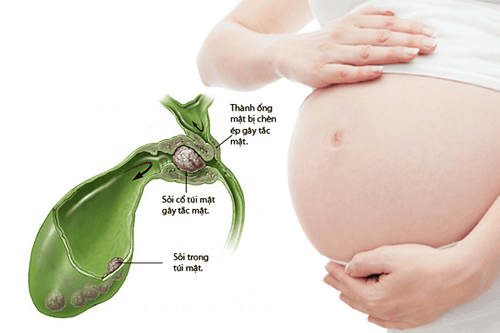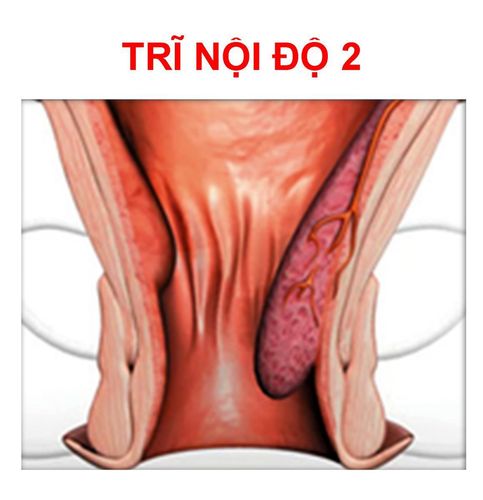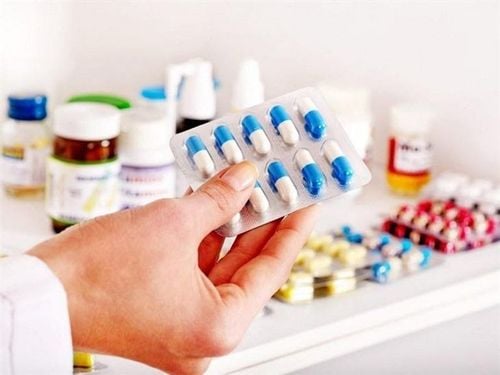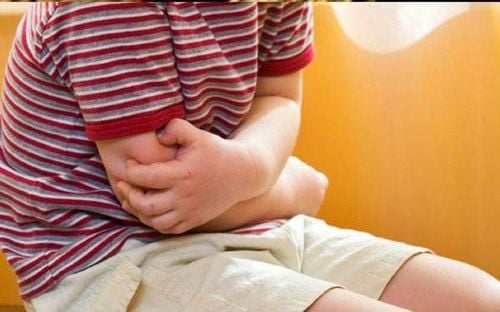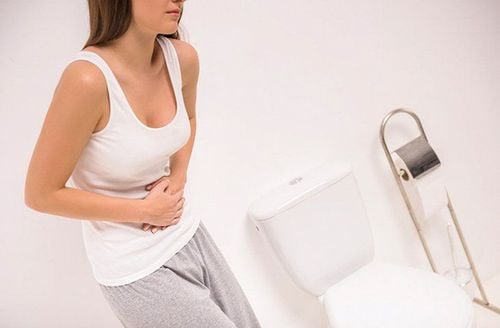This article was professionally consulted by Doctor ___ - Department of Gastroenterology - Endoscopy, Department of Medical Examination & Internal Medicine - Vinmec Central Park International Hospital.
It is not uncommon for women to experience abdominal pain and diarrhea after childbirth, which not only affects the mother's health but can also affect the quality of breast milk due to the use of different types of medication.
1. What is postpartum diarrhea?
Postpartum diarrhea is a disorder of the intestinal system, sometimes resembling diarrhea. Pregnant women often experience diarrhea after cesarean section. They may often feel the need to go to the toilet, even have stool leakage and flatulence.
Trắc nghiệm: Làm thế nào để bảo vệ lá gan khỏe mạnh?
Làm test trắc nghiệm kiểm tra hiểu biết về gan có thể giúp bạn nhận thức rõ vai trò quan trọng của gan, từ đó có các biện pháp bảo vệ gan để phòng ngừa bệnh tật.2. Postpartum diarrhea related to pregnancy
There are many who prefer a cesarean section because it is easier, less painful, and safer than a vaginal birth, but there are actually no reports to prove this. The cause of postpartum diarrhea or incontinence can also be due to the time of the mother's pushing before the cesarean section as well as other problems related to the pregnancy.
The baby inside puts a lot of pressure on the pregnant woman's pelvis and can cause pelvic organ prolapse as well as stress incontinence.
One study found that those mothers with cesarean section had more bowel problems such as diarrhea after a cesarean delivery than mothers who gave birth normally, also they may experience excessive weight gain, diarrhea, and constipation more.
3. Causes of postpartum diarrhea
After giving birth, the mother's immune system is often weak, along with a strict diet, so it will affect the digestive system. Daily foods, if washed and processed improperly, mothers will easily be infected with E.Coli - the main bacteria that causes diarrhea in humans.
Consuming too much nutrients will cause digestive disorders after birth. Although postpartum women are weakened and it is very necessary to add more nutrients, it is not always good to eat a lot, but to know how to eat properly. Do not eat too little but also not too much because it causes "overload". The excess of nutrients will not only make the mother obese, but also have a weak digestive system after giving birth.
Eating too much will cause digestive disorders after giving birth. Mothers should only eat a moderate amount. Eat small meals throughout the day to avoid overeating. Moreover, foods containing a lot of fat and indigestible substances are not only bad for ordinary people but also even more dangerous for new mothers. The digestive system just after giving birth is very weak, so eat foods that are easy to digest and limit fat because it can cause digestive disorders.
Besides, mothers often have insomnia after giving birth, abnormal sleeping habits because they have to take care of the baby, breastfeed. This is also a cause of diarrhea. This will affect the mother's circadian rhythm, especially the intestinal activity. If the mother does not sleep enough, the body is tired, secreting more cortisol, which makes everything in the body work faster, the intestines are also stimulated faster, causing more bowel movements, leading to diarrhea.
In addition, the insecurity and anxiety of mothers after giving birth will also lead to diarrhea, especially chronic diarrhea because there is a fairly large connection between brain and gut cells. When the mother is stressed, the serotonin levels in the brain are lowered and at the same time affect this concentration in the intestines, the mother's body then releases a lot of the hormone cortisol, which accelerates all body functions, including digestive function.
4. Should mothers with diarrhea after giving birth breastfeed?
If the baby also has diarrhea, the mother does not need to be too worried and panic to stop breastfeeding. At this time, the cause of postpartum diarrhea comes from other factors, not the milk. What you need to do is continue to breastfeed your baby even more to avoid dehydration and take your baby to the doctor for the cause and treatment.
During breastfeeding, it is prioritized to avoid the use of antibiotics. If the mother has early diarrhea, she should use alternative medicine and natural herbal remedies to avoid affecting the quality of milk. Medicines are only used when prescribed by a doctor.
Some folk remedies effectively treat diarrhea such as: drink young guava leaf juice or eat apricot leaves with eggs or drink apricot leaf juice.
Additionally, when having diarrhea after giving birth, the mother's body is often dehydrated, causing fatigue. Mothers need to create a biochemical balance by drinking rehydration such as Oresol for the body. Probiotics are also a safe solution. This yeast provides live beneficial bacteria that have been freeze-dried to suppress harmful bacteria in the intestinal tract, helping the digestive system to be balanced.
Some diarrhea drugs such as Loperamide, Opioid can reduce intestinal motility and cause side effects such as vomiting, headache, so mothers should consider when taking antidiarrheal drugs and consult. doctor.
To arrange an appointment, please call HOTLINE or make your reservation directly HERE. You may also download the MyVinmec app to schedule appointments faster and manage your reservations more conveniently.




